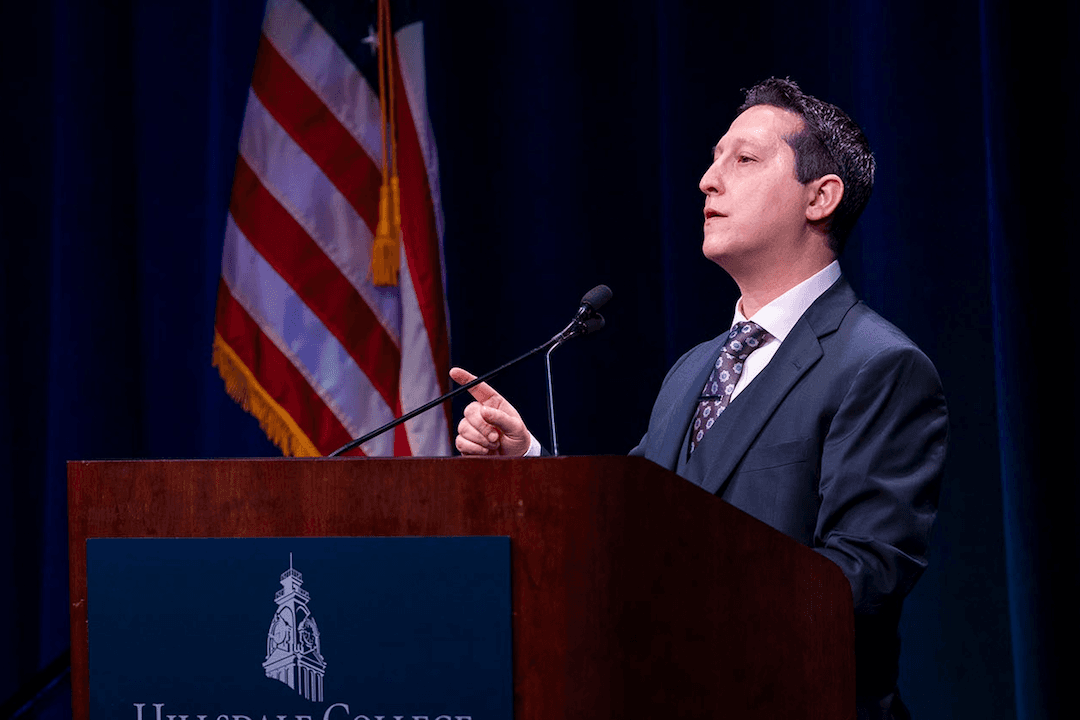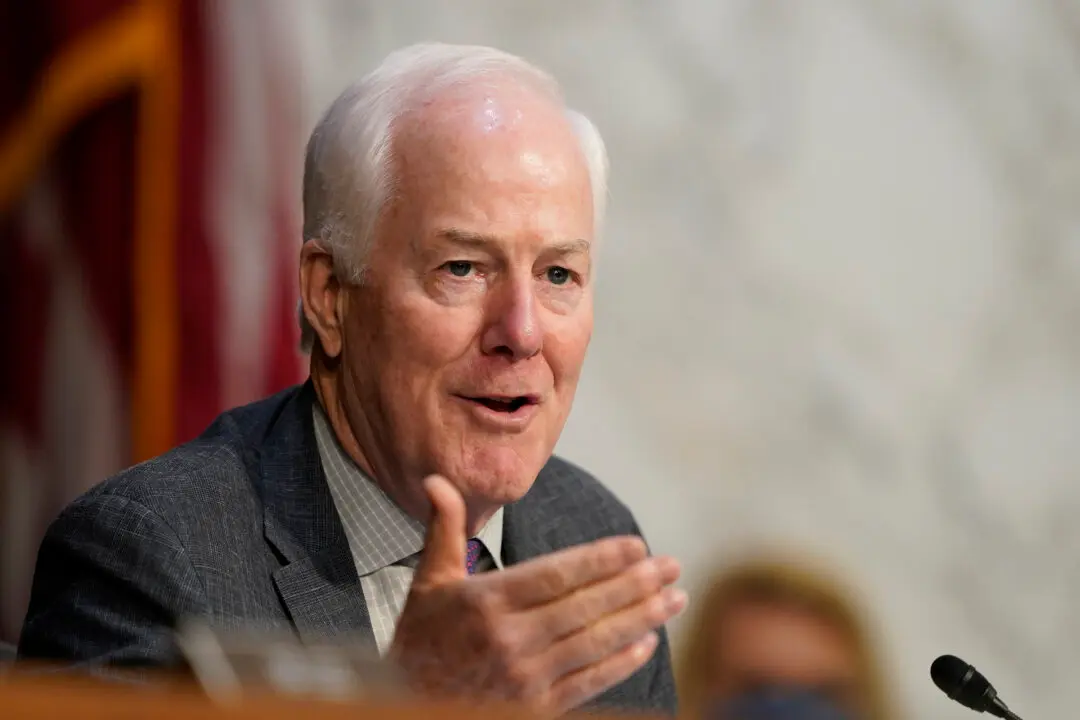Although former President Donald Trump’s poll performance reached new highs this month, unique uncertainties loom large over the 2024 presidential race.
President Trump, the Republican frontrunner, has pulled ahead of his presumed Democrat opponent, President Joe Biden, in most swing states, Emerson College and InteractivePolls recently reported.





